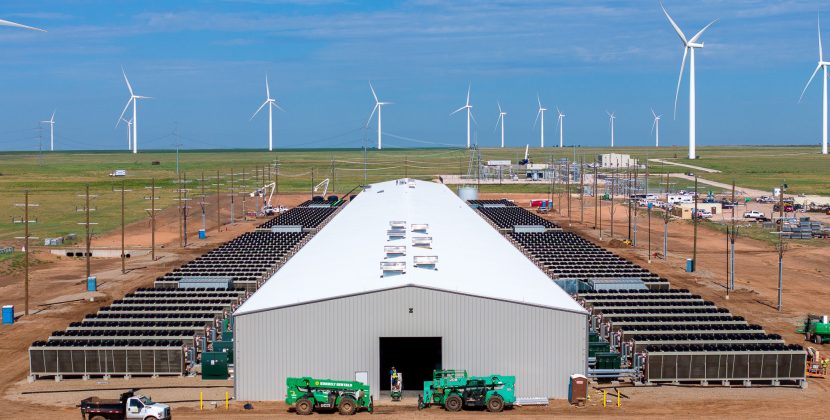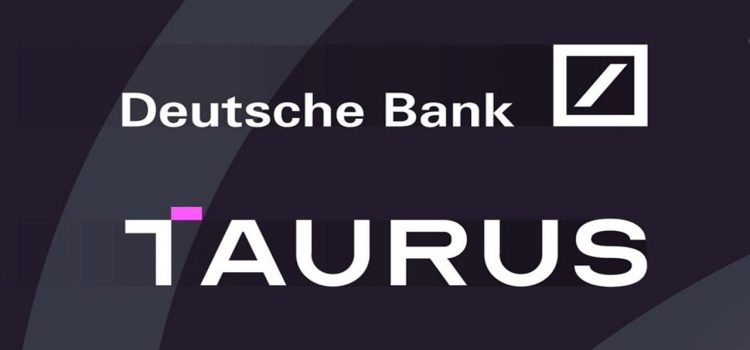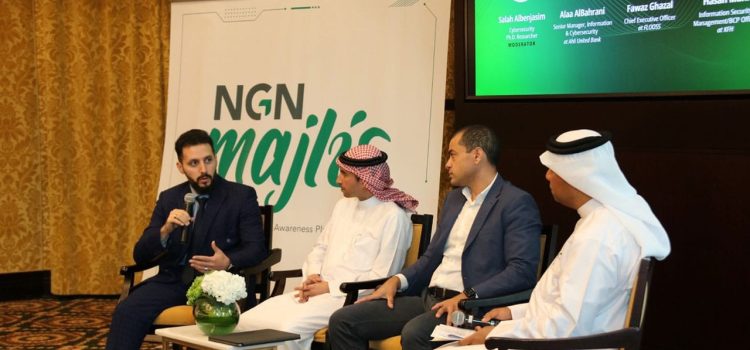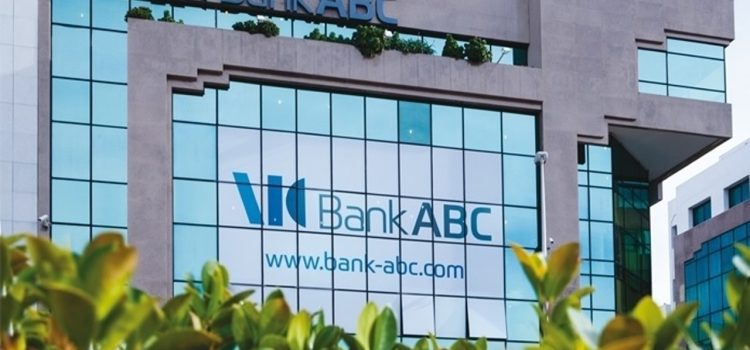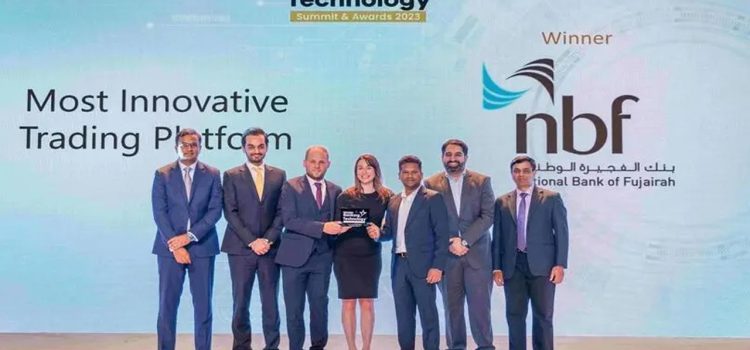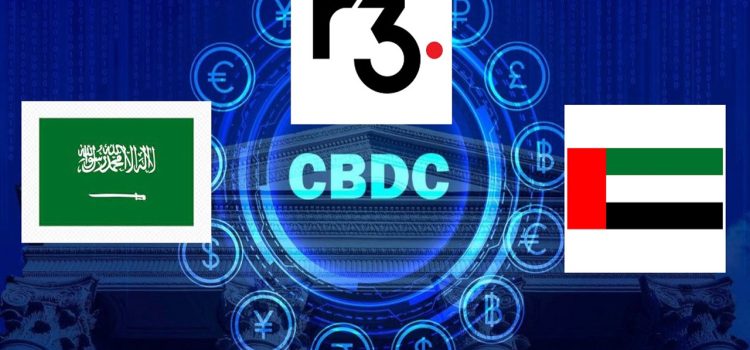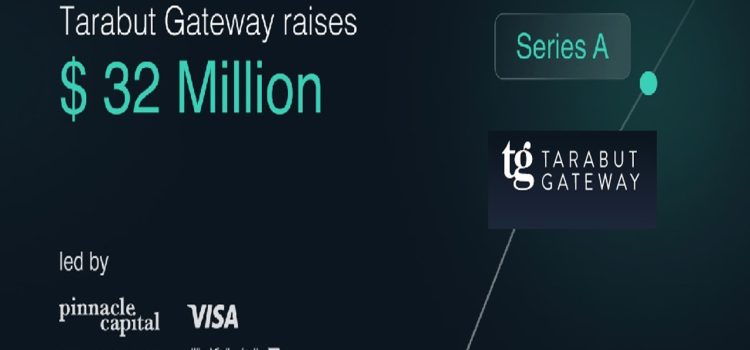During Corda Day Middle East held on May 11th 2023 in Dubai UAE, speakers from the Central Bank of Saudi Arabia (SAMA) as well as the Central Bank of UAE discussed their CBDC strategies and pilots. Both Central Banks are working with R3 Corda on their CBDC pilot programs, SAMA in its sandbox and UAE Central Bank in their research and development center.
The event as per R3, brought together financial service leaders, technologists and Corda enthusiasts from around the region and the globe. Of the prominent speakers included H.E. Saif Humaid Hamad Al Dhaheri, Assistant Governor – Strategy, Financial Infrastructure and Digital Transformation, Central Bank of UAE and Mr. Mohsen AlZahrani, Virtual Assets (VA) and CBDC program Lead, Saudi Central Bank – SAMA as well as Richard G Brown, Chief Technology Officer, R3.
Al Dhaheri made a keynote address on “Future of Money, CBDC and the Digital Dirham” while AlZahrani carried out the closing Keynote, on the topic of “Wholesale CBDC”
Mohsin AlZahrani told Lara on the Block, “Currently we are working with R3 Corda only for the sandbox experimentation, we have not yet decided on the next phase platform or implementation.”
Farhan Khan, Chief Technology Officer Consultant and advisor in Fintech and Blockchain, who attended the event representing Cykube, spoke to Lara on the Block explaining what he learned about CBDC implementation in UAE and KSA.
Khan explained, “It was an excellent event and very eye opening on how R3 is properly working in the region. What I learned about the CBDC implementation in KSA and UAE is that both are working with R3 but each country has a different approach. Saudi Arabia is working on a wholesale CBDC project for its domestic payment system, while UAE Central Bank is working on CBDC for cross border payments.”
Khan adds, “For example the ABER cross border payment project which was paused might be reutilized in the future as per AlZahrani’s statements at the event. AlZahrani stated that SAMA is utilizing the experience of ABER during the implementation of the CBDC wholesale payment system concept, and there is a chance in the future to use ABER again between KSA and UAE after the experimentation of CBDC wholesale in KSA is completed.”
According to Khan the UAE is working on a prototype with R3 Corda for the digital dirham which is currently under testing in their R&D facility.
Khan concludes to Lara on the Block saying that R3 Corda has seen a lot of interest because it has very powerful features such as interoperability between blockchain platforms even public ones. He explains, “Fintech entities in both Saudi Arabi and UAE are waiting for the network gates to open, and with the VARA crypto regulations cooking every day we feel the same will be happening in KSA. Corda is the right framework from a technology perspective with its tremendous security, protection, especially when it comes to digitization and tokenization.”
This is reflected in a post by R3’s Chief Technology Officer Richard Brown who states, “Composability and interoperability are critical cogs in the architecture of Corda. With the next generation of Corda, there’s no need to decide on your network model at the outset of a project. Start with a centralized, private network and gradually decentralize over time!”
Brown believes that the success of Corda is because it is a cross-firm shared ledger enabling collaborating parties to transact based on high quality data, without exposing internal data or systems, and with far fewer reconciliation errors. A ledger that could even become the industry’s system of record for some key questions such as ownership of assets (the terms ‘Digital Assets’ and ‘Tokenization’
It is also a permissioning system that provides high identity assurance and gives confidence to regulated entities that they can comply with their legal obligations to know with whom they are transacting. In addition is a privacy-first design, allowing competitors to trade without revealing sensitive data publicly – only participants in a transaction get to see the details – unlike other blockchain-inspired approaches.
He even goes so far to say that, “We’ve been delighted by how successful Corda has been, far beyond the narrow banking scenarios we originally designed it for. Broadly speaking, we’re seeing it being used to solve four main problems in ‘Regulated DeFi’:”


